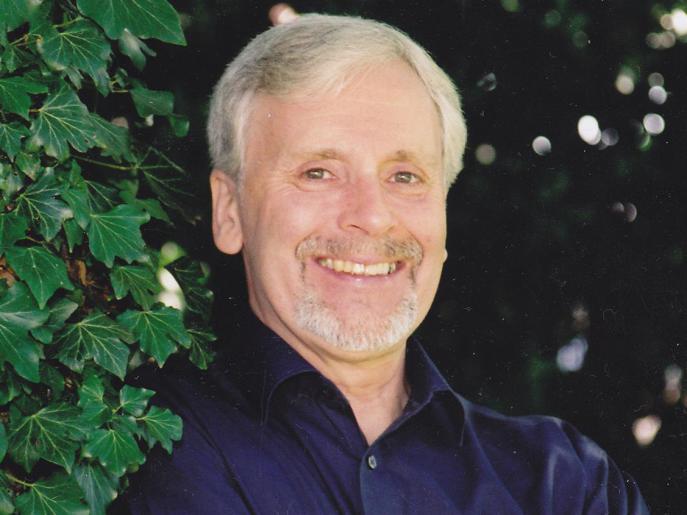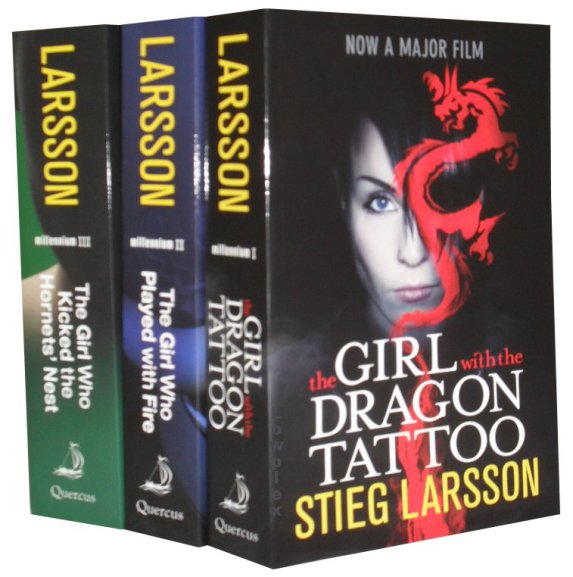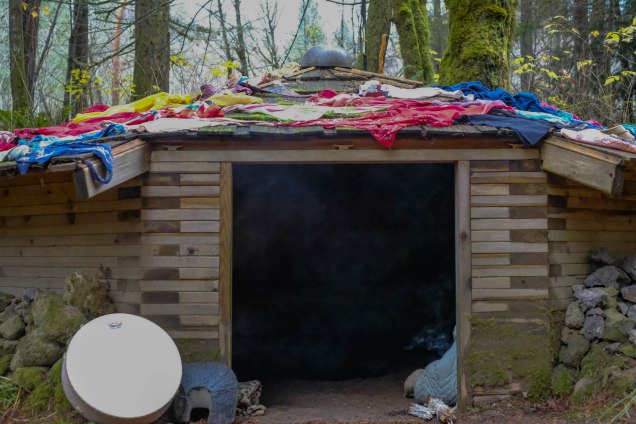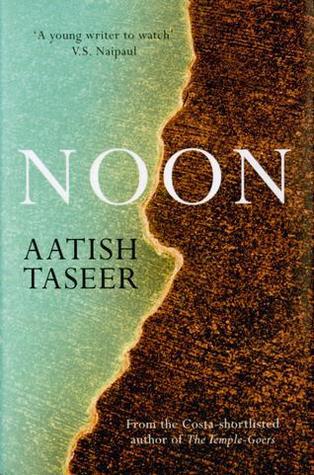 Born in Loscoe, Derbyshire, I was raised as an inner city child in Nottingham. Like my ancestors did, I escaped the noise and grime of industrial city life to the fresh air and space of the Peak District national park regularly. Initially on family days out and caravan holidays to the ‘White peak’ and later in my teens on camping and hiking weekends to the northern end of the park, known as the Dark Peak.
Born in Loscoe, Derbyshire, I was raised as an inner city child in Nottingham. Like my ancestors did, I escaped the noise and grime of industrial city life to the fresh air and space of the Peak District national park regularly. Initially on family days out and caravan holidays to the ‘White peak’ and later in my teens on camping and hiking weekends to the northern end of the park, known as the Dark Peak.
The White and Dark refer to differences in the geology of the regions but the author of this months book casts a dark shadow over the county, even to those of us who might be lulled into a false sense of security by childhood memories, its Dead In The Dark by Stephen Booth, published by Sphere (www.littlebrown.co.uk/sphere) in July 2017.
‘Dead in the Dark’ is the latest novel featuring Ben Cooper and Diane Fry and the seventeenth in Booth’s series, which includes ‘Dancing With The Virgins’ (which won the CWA Gold Dagger in 2001) , ‘Blood On The Tongue’, ‘Scared To Live’, ‘Lost River’ and the 16th was ‘Secrets of Death’ in (2016). ‘Dead In The Dark’ was this reviewers introduction to his work and whilst I was able to enjoy it as stand alone story, it has inspired me to go back to the beginning with ‘Black Dog’ and start to read my way through the long list between their debut and the current story.

Stephen Booth
Stephen Booth (www.stephen-booth.com) was born in Lancashire, lived in Yorkshire and now in Nottinghamshire but although he worked on a Derbyshire newspaper, apparently never lived in Derbyshire. Despite this the locations are accurate and perfectly described. I had presumed he lived there and had a farming background. I loved the descriptions of the countryside and was more on Cooper’s side than Diane’s in relation to the attractions of rural life. Stephen Booth has worked as journalist on various midland newspapers, on the Farming Guardian and as a specialist rugby writer on national papers. He also developed an interest in farming, breeding goats. All these aspects of his experience come together in the books. They say you should write about what you know and Stephen certainly knows his stuff.
The two main characters in this and his other novels are an interesting duo. Ben Cooper is a local man. His dad was a policeman before him and his brother farms the family farm. Diane Fry is an urbanite, raised in foster care, she moved to Derbyshire to improve her chances of promotion and escape traumatic memories. In most detective novels, detective partnerships the two participants are unevenly matched, in that one is the lead and the other is the one who can’t put the clues together but is loyal and comes to the aid of the lead when required. The duo get on well, the senior explaining things (to the readers benefit) to the junior. Often, I’ve found there’s a difficult relationship with staff higher up the chain of command to allow the duo to challenge authority. Well, while this may be the pattern for many of the most successful crime dramas it’s not the case here! Cooper and Fry are vastly different in their approach and outlook but are often forced to join forces and solve crimes together. From the outset they seem to misunderstand and dislike each other. Fry is logic and protocol driven, whilst Cooper understands people and their motivations. He will often equate a person he meets in the line of enquiries to someone he knows. As Miss Marple pointed out, if you know the people in your village, you know people everywhere.
In ‘Dead in the Dark’, Cooper and Fry are more separate. Diane Fry has moved up to the Major Crime unit, whilst Detective Inspector Cooper remains in Bakewell and their paths cross less often. However, Diane Fry is called to Chesterfield to a death which might have links to an operation looking into slave trafficking and Ben Cooper is juggling a cold case and a series of robberies. They meet and exchange cold pleasantries. One of them has a body but no suspects and the other has a suspect but no body. Will the paths of their investigations cross again?
I will say that the only negative comment I have in relation to the books are that so far in my experience there seems to be a brutal animal scene in each book. In some instances, I haven’t felt this adds anything to the plot or to my understanding of characters. It would prevent me recommending them wholeheartedly to some friends. Maybe I’m a little squeamish but I have read that where authors have animal cruelty in their books it loses them readers so maybe it’s not just me?

A TV series based on the novels has been commissioned and is in development. I hope it is filmed in the glorious Peak District. As I plan to read the rest of the books before watching it. I won’t let the darkness of the novels put me off. I still feel safe and at home walking the hills and introducing the wonders of the National Park to my husband.
Reviewed by: Georgina Murphy
Share this:




